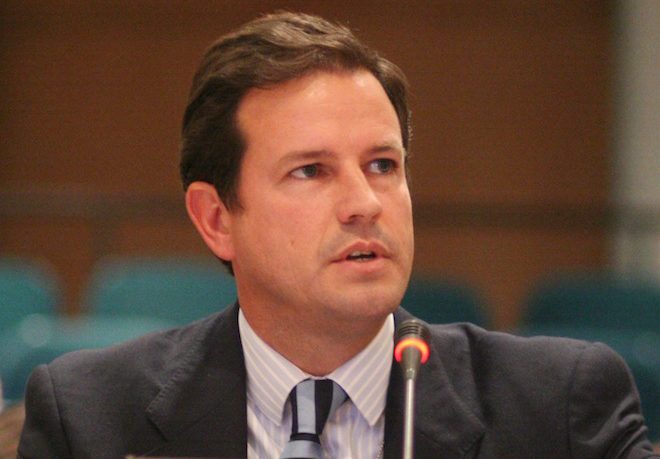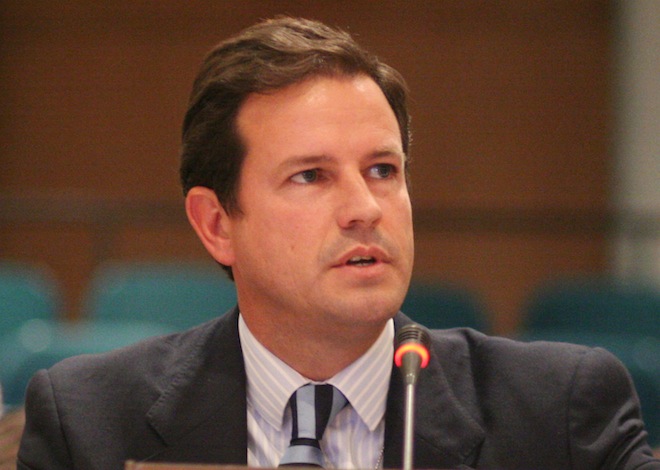FIS.com
Javier Garat, Spanish Fisheries Confederation president. (Photo: EC)
Morocco and the European Union (EU) have concluded a new negotiating round to renew the fishing agreement that expires on July 14 and will meet next week in Brussels to continue the talks, sources in the Spanish fishing sector told EFE.
“Positions are approaching, but there are still some fringes to close,” Javier Garat, president of the Spanish Fishing Confederation, told EFE. He is the interlocutor of the sector with the Spanish government to follow up the negotiations.
The official negotiators, both European and Moroccan, keep absolute silence on the direction of the talks and have not leaked any details.
Garat said that, due to the information it has received, the main figures of the agreement regarding the Spanish fleet – number of ships, around a hundred, and authorized fishing volume – would not vary substantially.
A fact that has been known is that Morocco has asked for more financial compensation from the Commission (now receives EUR 40 million per year) and that is one of the “fringes” to close.
Even if progress is made in the pending issues during the next week, the experience of past negotiations shows that it is impossible for the agreement to be closed in a single week because even if all points of disagreement are resolved, there is a process of ratification by the Europeans and the Moroccans, which can take months.
On the European side, the Commission should transfer the future agreement to the Council, and then vote in Parliament; at the same time, Morocco must approve that text in the government and then ratify it in its two parliamentary chambers.
Garat said that the fishing sector “understands that the boats will have to leave” the Moroccan fishing ground on July 14 and before that certainty asks for the whole procedure to be done as quickly as possible and for the Government of Madrid to put the aids to the fleet in action.
According to Garat, the return of the boats to the fishing ground can take place in two or three months if the parties accept a “provisional application” of the agreement, as it has happened on other occasions; if not, the ratification process could last up to one year.
On the purely political issue, there is total opacity and it is unknown in which way the text of the agreement will reconcile the interests of Morocco to negotiate also on the waters of Western Sahara and the opinion of the Court of Justice of the EU of last February, which established that those waters were not of Moroccan sovereignty.
Morocco has been blunt on that issue to consider “a red line” that sovereignty claims on the Saharawi waters, which incidentally captures more than 90 per cent of the fish volume according to the EU-Morocco agreement.
Source: EFE








